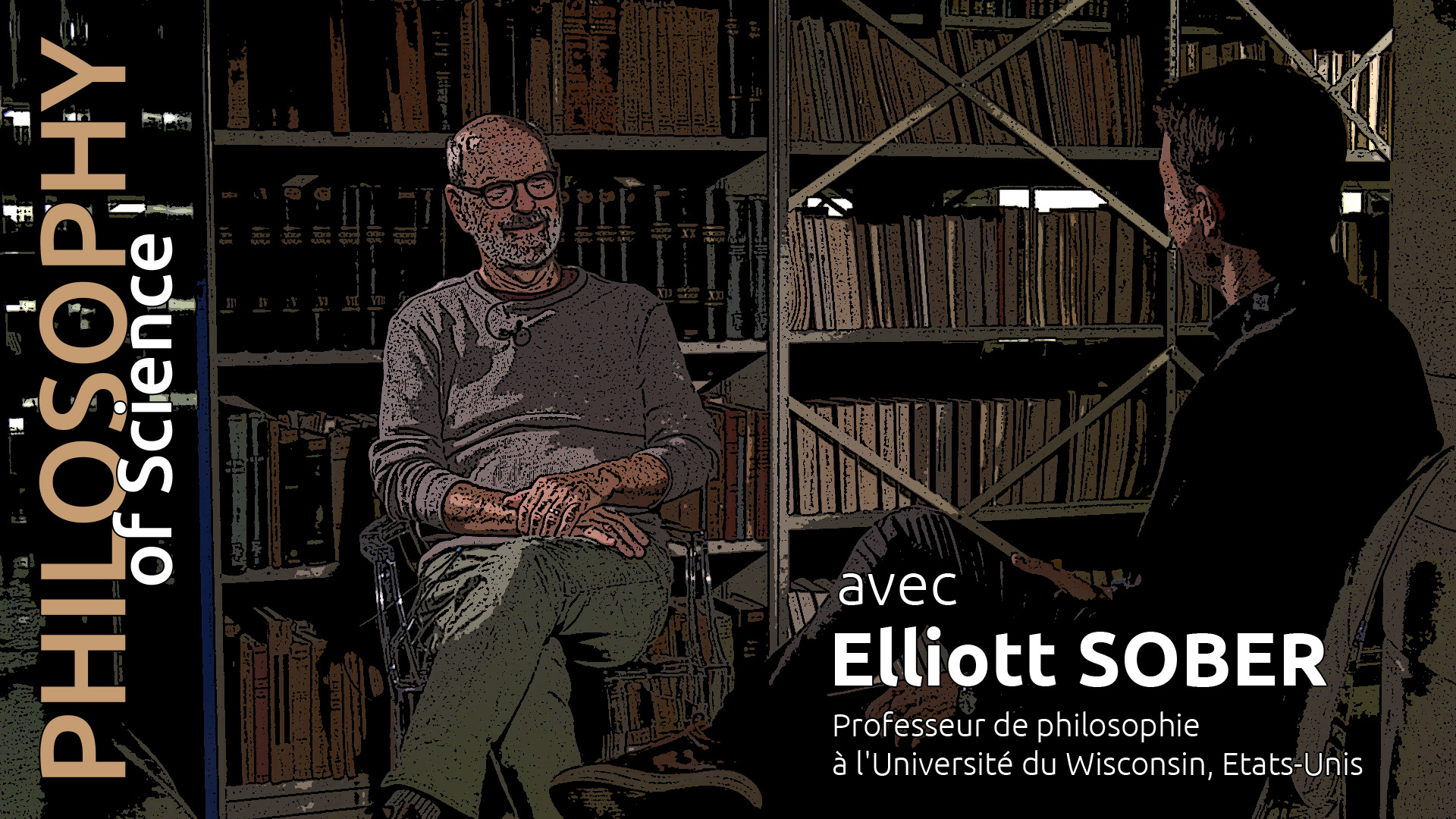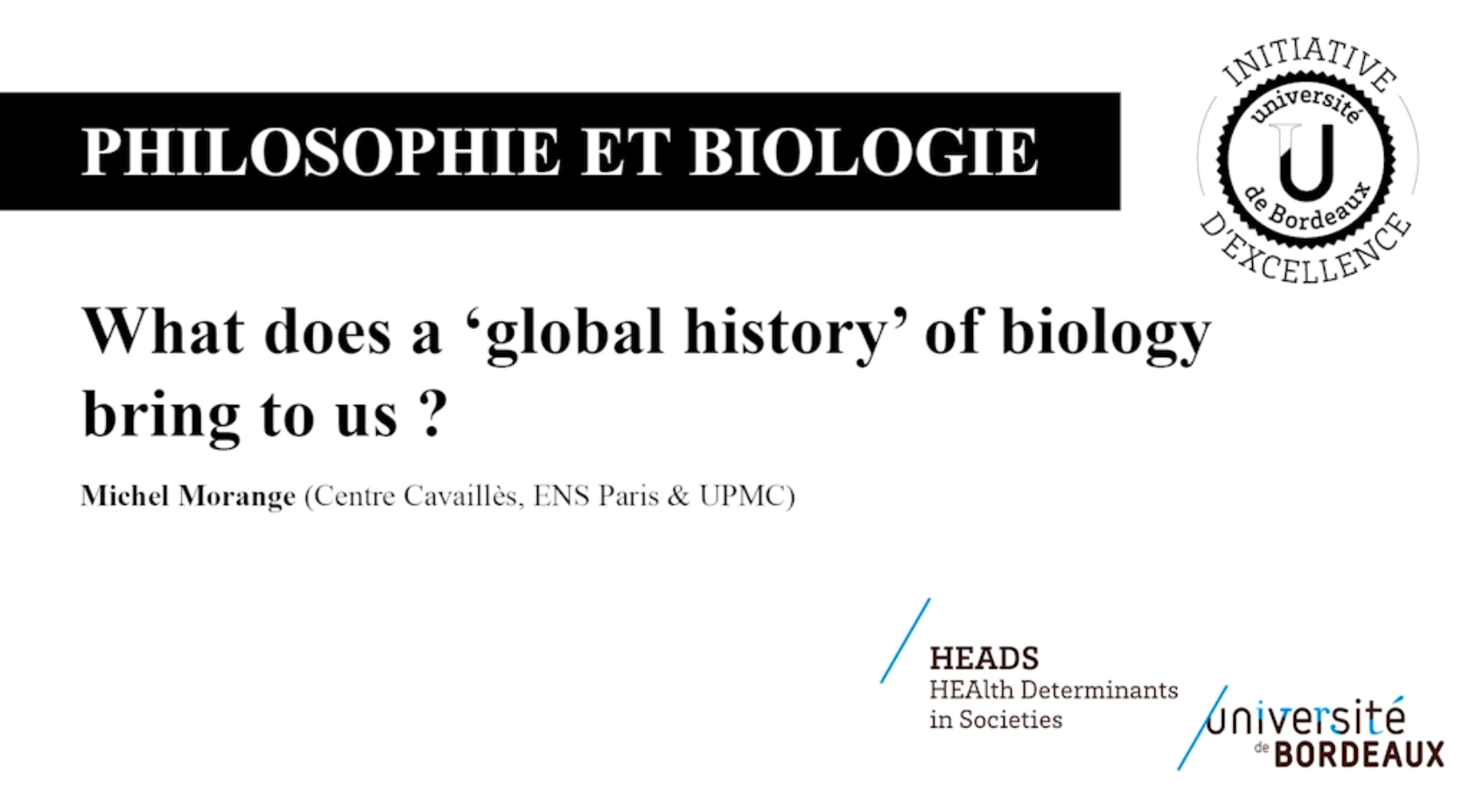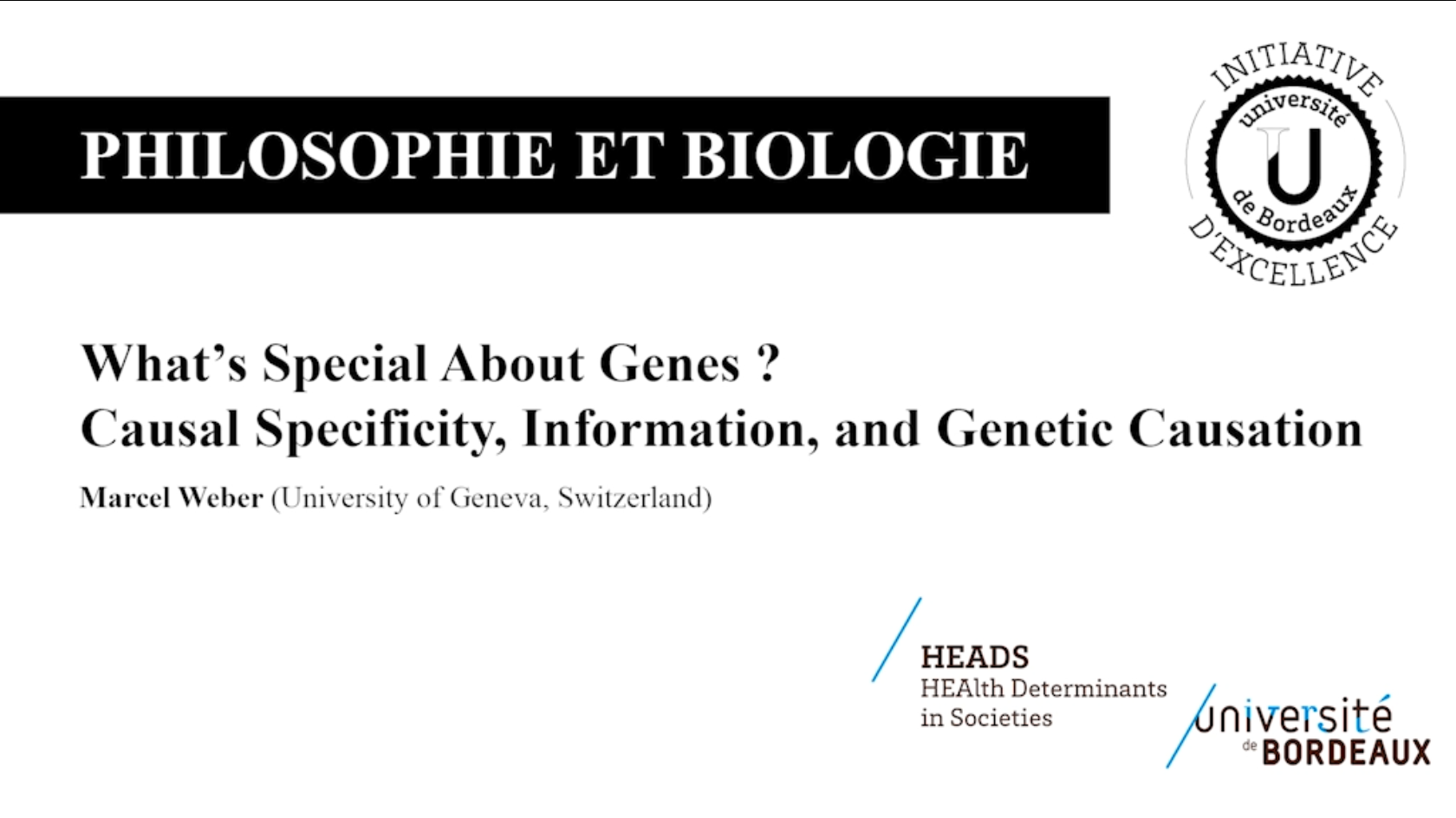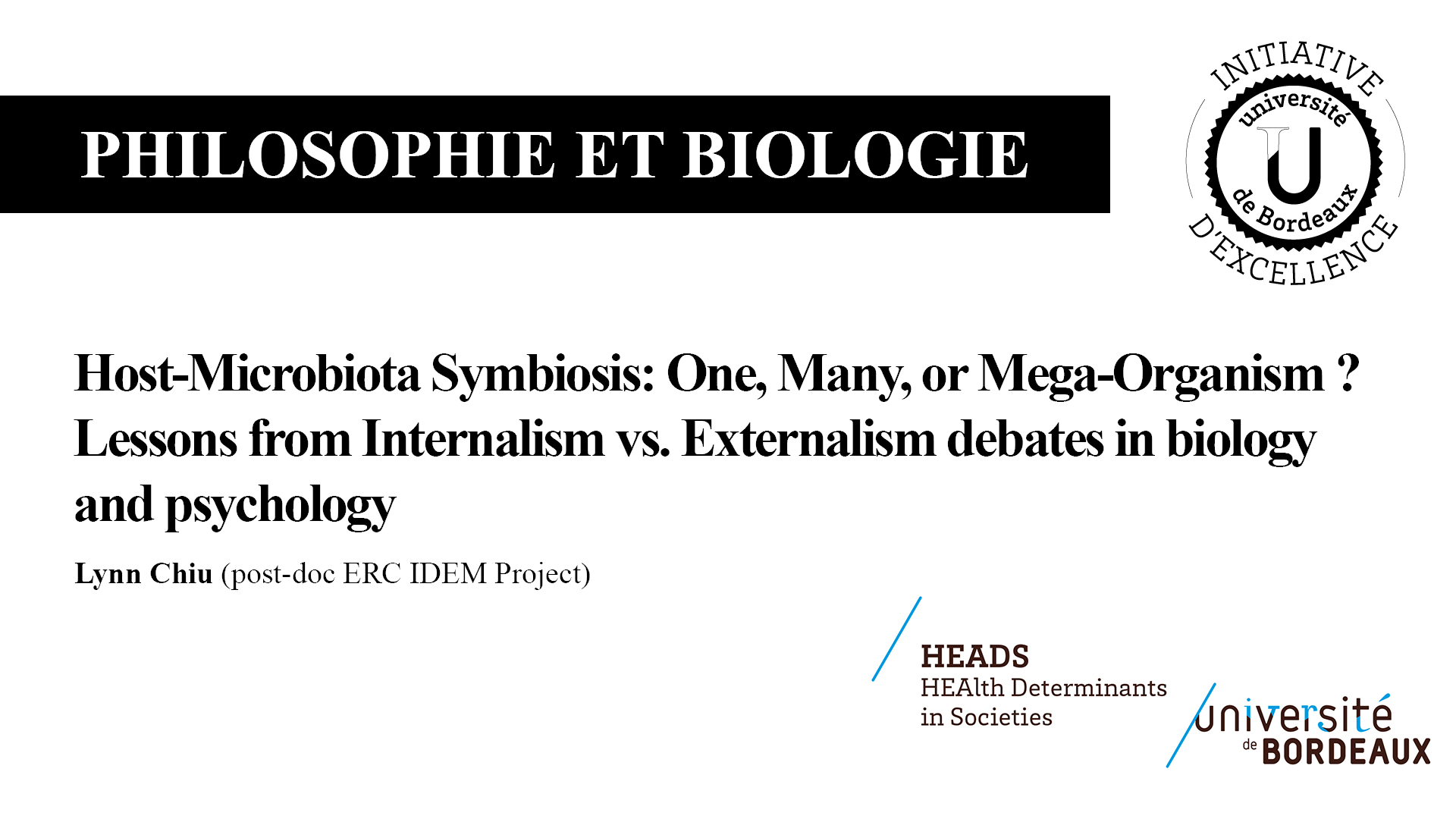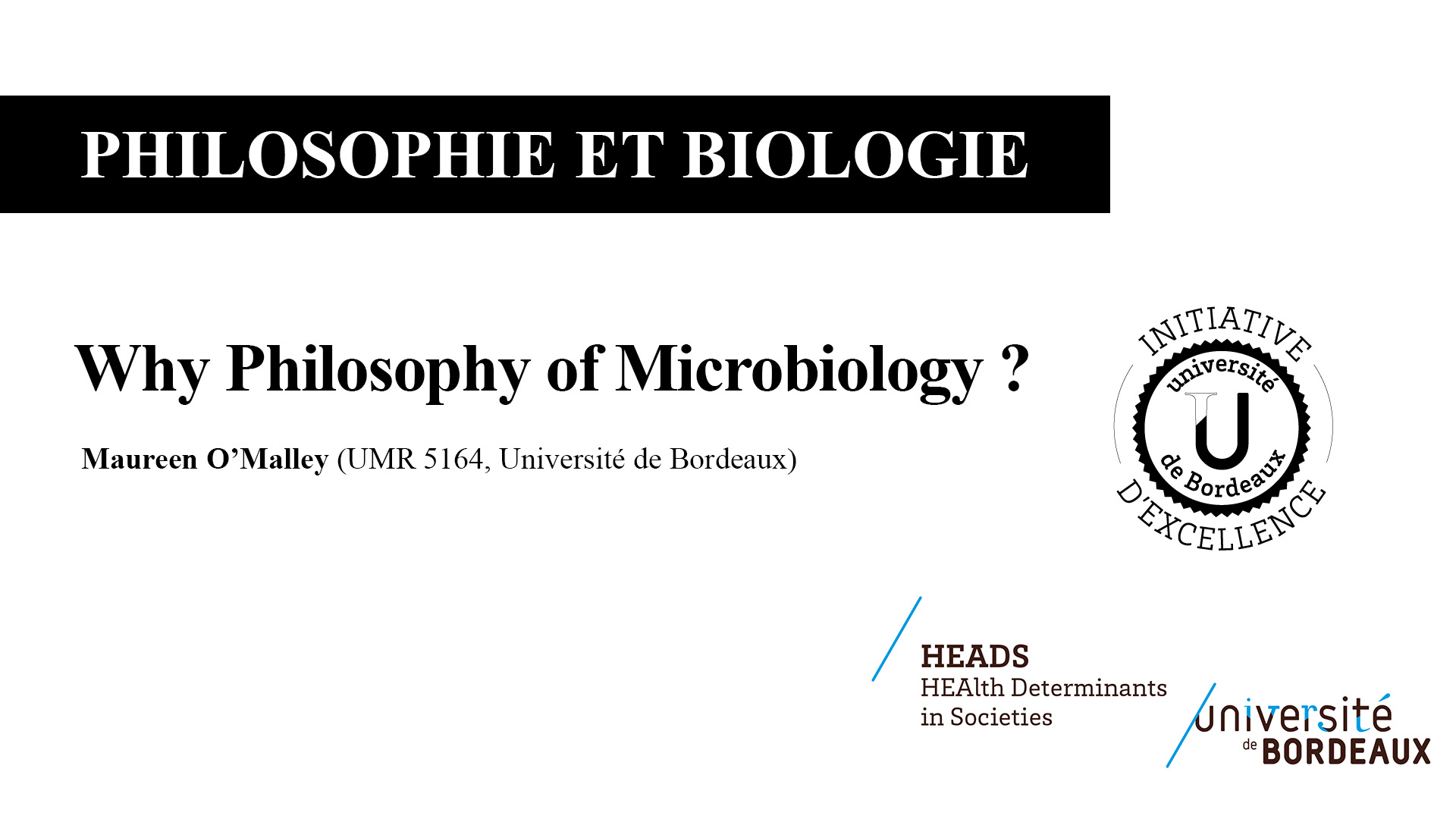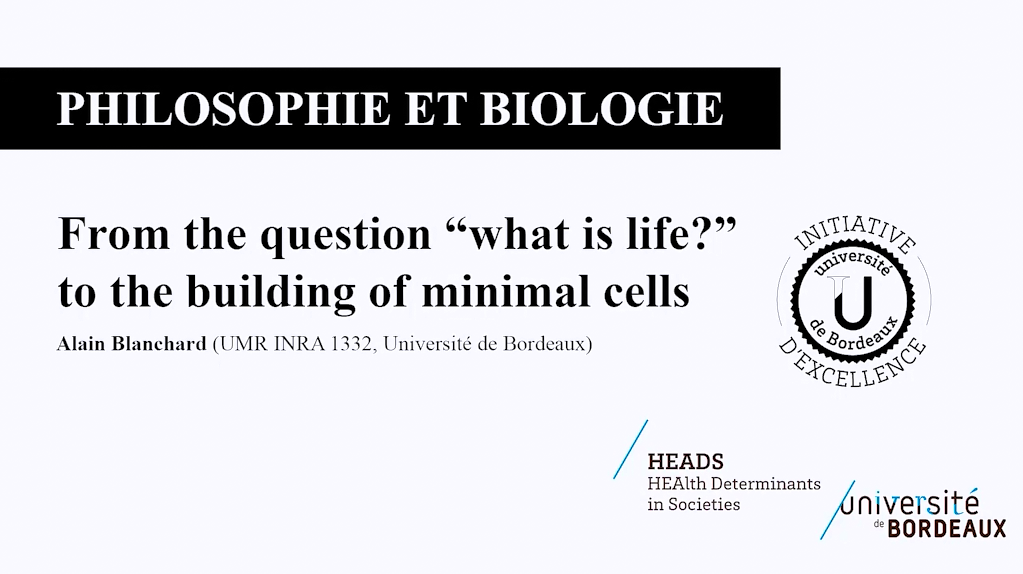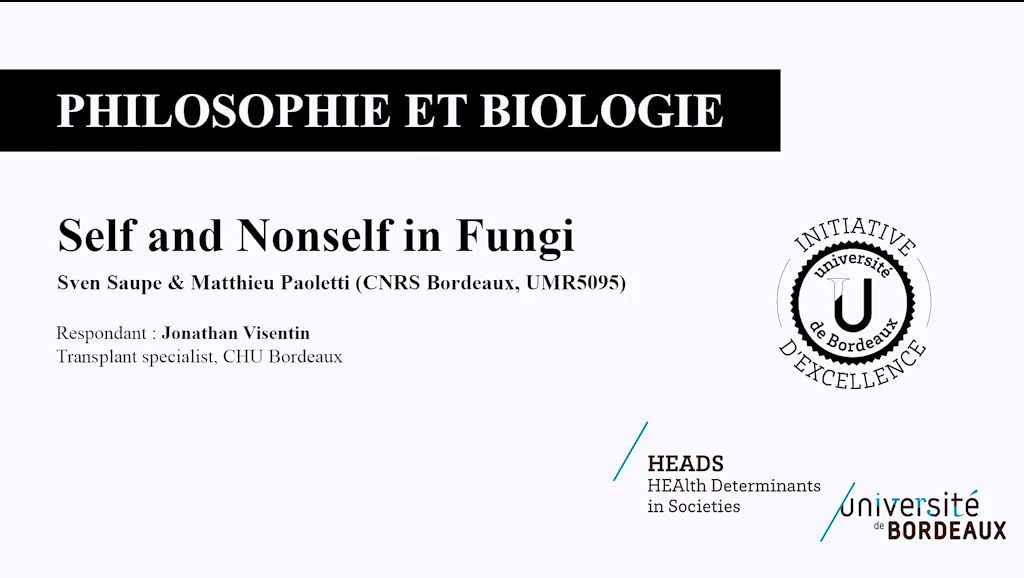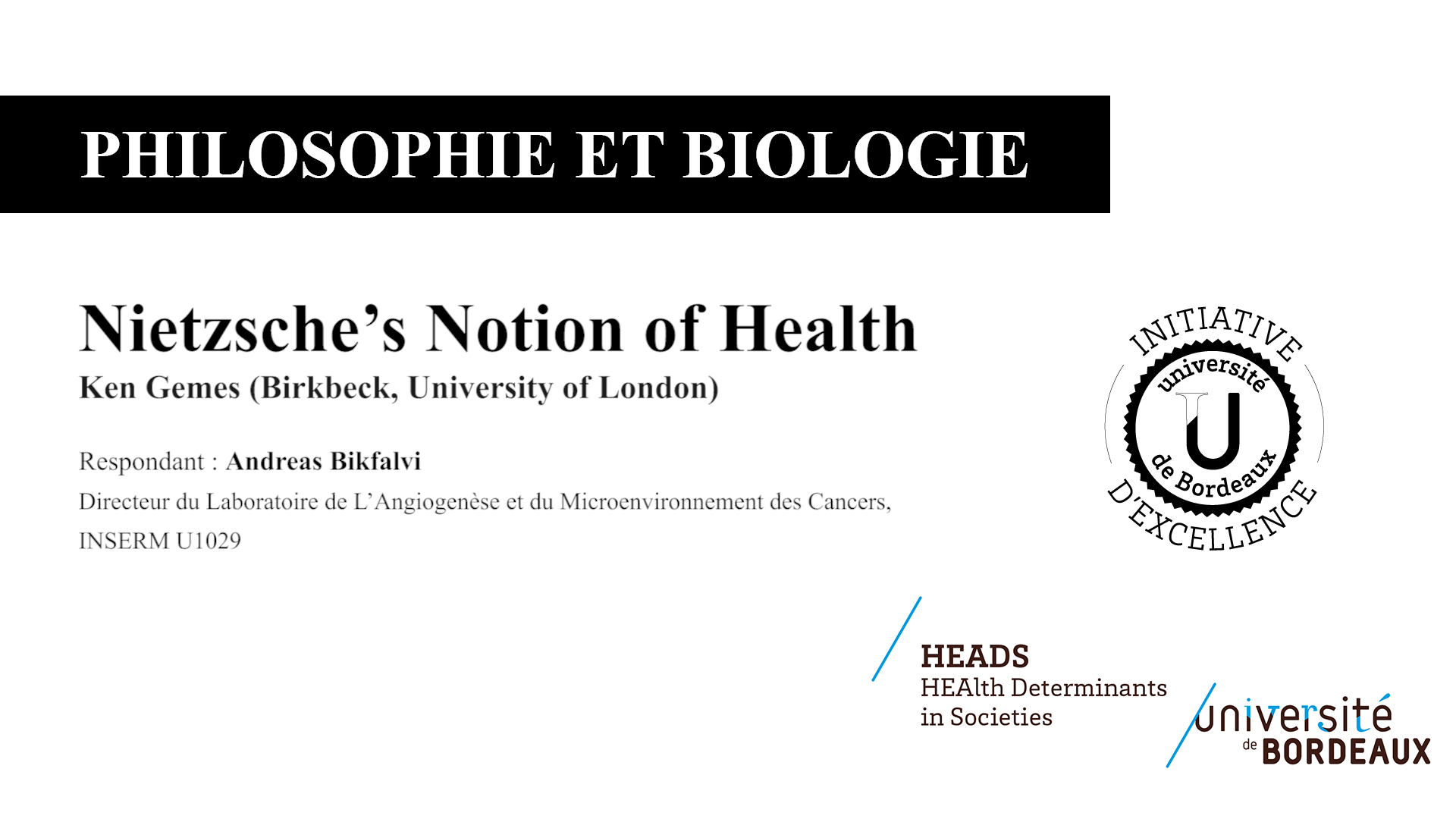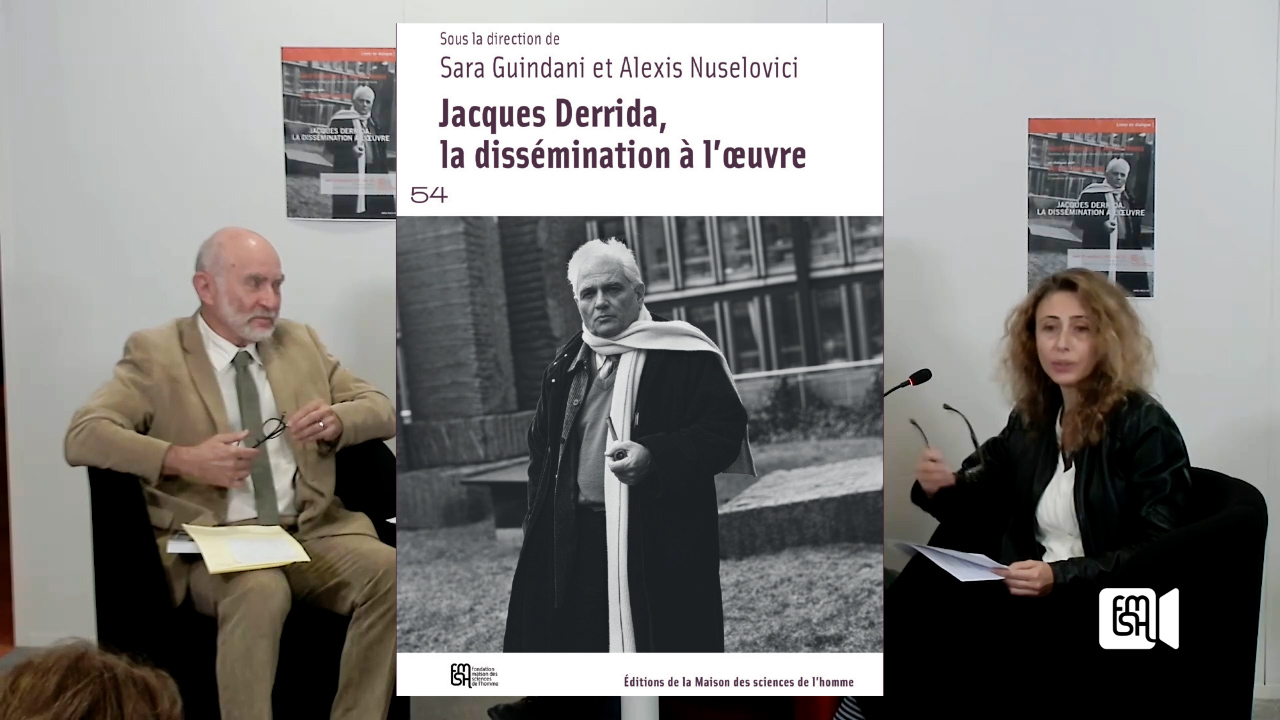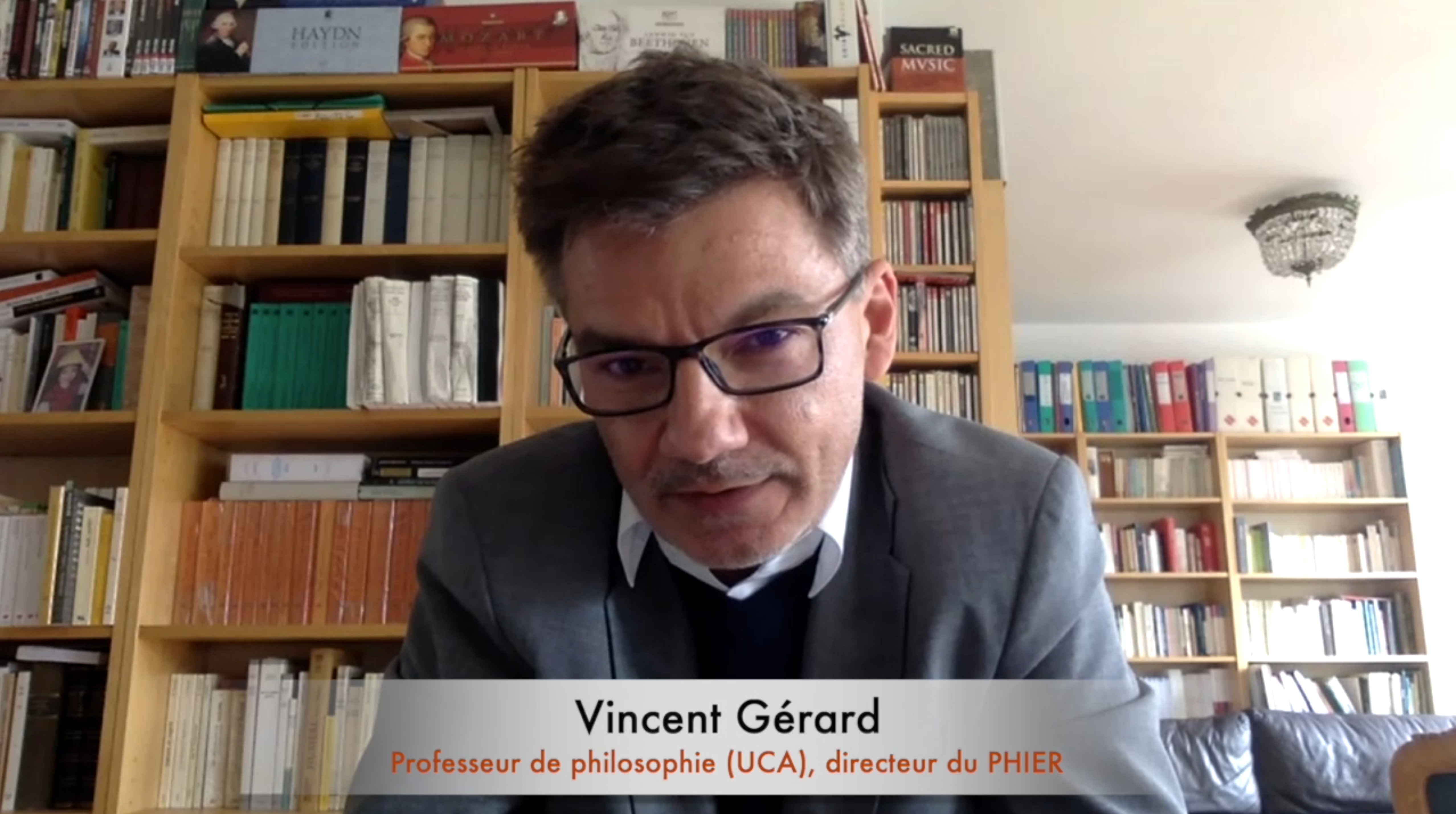Notice
The cell as an elementary organism: from Schwann to Brücke and Kölliker
- document 1 document 2 document 3
- niveau 1 niveau 2 niveau 3
Descriptif
This presentation is about the way cell physiology (Cellular physiologie) was born. Indeed, Schwann invented the cell theory in 1839, but his views on the cell were rapidly challenged and transformed. On the one hand, the principle of formation of cells by a sort of crystallization was replaced by a principle of replication by division of existing organic structures (Omnis cellula e cellula) (Remak 1855; Virchow 1855, 1858). On the other hand, starting from the 1860s, the concept of the cell as an “elementary organism” (Elementar organismus) was proposed and developed by physiologists like Brücke, Schultze and Kölliker.
What did they exactly mean by this new notion ? What was the theoretical framework connected with it ? How did it translate into a methodology of functional analysis for the cell physiology, which originated therefrom ?
Séminaire organisé par ImmunoConcEpt, UMR5164
Thème
Documentation
Ressources
François Duchesneau
http://philo.umontreal.ca/repertoire-departement/vue/duchesneau-francois/
Dans la même collection
-
Philosophy of Science / Elliott Sober
SoberElliottElliott Sober est philosophe de la biologie à l’Université du Wisconsin. Dans cette interview avec Thomas Pradeu, il récapitule son parcours et présente sa vision de la contribution de la
-
What does a ‘global history’ of biology bring to us ?
MorangeMichelTo write a global history of life sciences from Antiquity to extant research, from molecular biology to ecology and ethology is an impossible task, the promise to be inaccurate and wrong in many
-
What’s Special About Genes? Causal Specificity, Information, and Genetic
WeberMarcelPhilosophers of biology have recently been debating to what extent such nucleic acids that are said to carry genetic information (i.e., DNA or mRNA) really play a special role in development. A
-
Host-Microbiota Symbiosis: One, Many, or Mega-Organism? Lessons from Internalism vs. Externalism de…
ChiuLynnI will distinguish between three types of interactionist reactions to internalist or externalist theories. These theories assign specific theoretical roles to internal and external factors,
-
Why Philosophy of Microbiology ?
O'MalleyMaureen A.Microbes have only recently become the objects of sustained philosophical attention. Some of the reasons why philosophers now find microbes and microbiology interesting, and why philosophy of
-
From the question “what is life?” to the building of minimal cells
BlanchardAlainDepuis plusieurs siècle, la question du sens et de la nature de la vie est un sujet central en philosophie et en sciences. Nous avons désormais rassemblé, au moyen d'une approche expérimentale, un
-
Self and non-self in fungi
SaupeSvenPaolettiMathieuVisentinJonathanThe notion of self is a rich but ambiguous concept that is used in a wide array of academic disciplines including immunology, psychology and philosophy (in particular in different branches of
-
Nietzsche's notion of Health
GemesKenBikfalviAndreasIt is widely known that Nietzsche take himself to present a tremendous challenge to conventional morality. Many of his interpreters have been exorcised in trying to make precise the nature of that
Sur le même thème
-
SOIRÉE DE PRÉSENTATION DE L'OUVRAGE "JACQUES DERRIDA, LA DISSÉMINATION A L’ŒUVRE"
BourmeauSylvainGuindaniSaraNoussAlexisÀ l'occasion de la parution de l'ouvrage Jacques Derrida, la dissémination à l'œuvre dans la collection "54", les Éditions de la Maison des sciences de l'homme organisent une soirée de
-
Comment s’orienter dans la crise ?
Proposée et organisée par la Maison des Sciences de l'Homme de Clermont-Ferrand et le PHIER, laboratoire Philosophies et Rationalités, cette web conférence, ouverte à toutes et à tous, s’est tenue le
-
Le Libéralisme dans tous ses États : Histoire de la pensée
le Libéralisme dans tous ses Etats- Histoire de la pensée
-
Penser et agir avec la nature
Les études s'intéressant à l'impact de l'activité humaine sur la nature se multiplient depuis les années 60. Aujourd'hui, l'intérêt du public pour la question écologique est massif et les
-
Pourquoi philosopher sur le végétal ?
La place occupée par le végétal dans la pensée contemporaine n'a cessé de progresser ces dernières années. Les enseignements qui en découlent nous inviteraient à reconsidérer des notions telles
-
L'attention aux plantes ordinaires
De la forêt à la végétation urbaine, nous vivons entourés de plantes qui participent à la composition de nos mondes. Mais bien souvent, celles qui peuplent les espaces de notre vie quotidienne
-
Ricoeur et le sens de l'altérité, par Olivier Abel
Parlant de la rencontre des cultures, Ricœur écrivait en 1960 : « Pour avoir en face de soi un autre que soi, il faut avoir un soi ». Entre un relativisme où il n’y a plus que des autres, et la
-
Carole Widmaier
Carole Widmaier, EA 2274 Logiques de l’Agir, Université de Franche-Comté Conférence introductive. Les enjeux philosophiques et politiques de la théorie simondonienne de l’analogie
-
Fabien Ferri
Fabien Ferri, EA 2274 Logiques de l’Agir, Université de Franche-Comté / EA 2223 Costech, Université de technologie de Compiègne Examen et conséquences de l’adoption du postulat au
-
Jean-Yves Chateau
Jean-Yves Chateau, Inspecteur général honoraire de philosophie Analogie, science et philosophie chez Simondon
-
Arnaud Macé
Arnaud Macé, EA 2274 Logiques de l’Agir, Université de Franche-Comté. Les sources présocratiques de l’analogie chez Simondon
-
Michaël Crevoisier
Michaël Crevoisier, EA 2274 Logiques de l’Agir, Université de Franche-Comté. Penser l’individuation du sujet transcendantal grâce à la méthode analogique. Simondon critique de la critique kantienne


